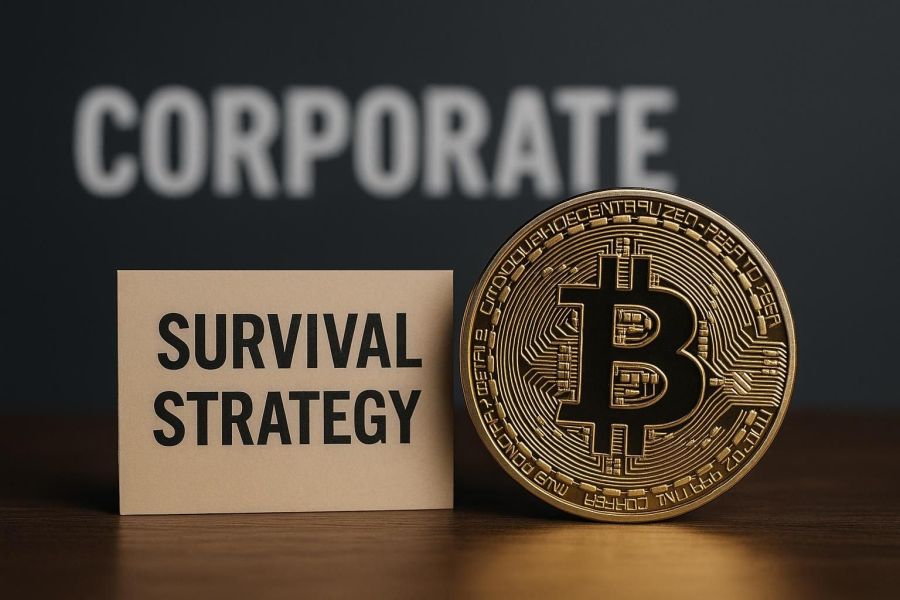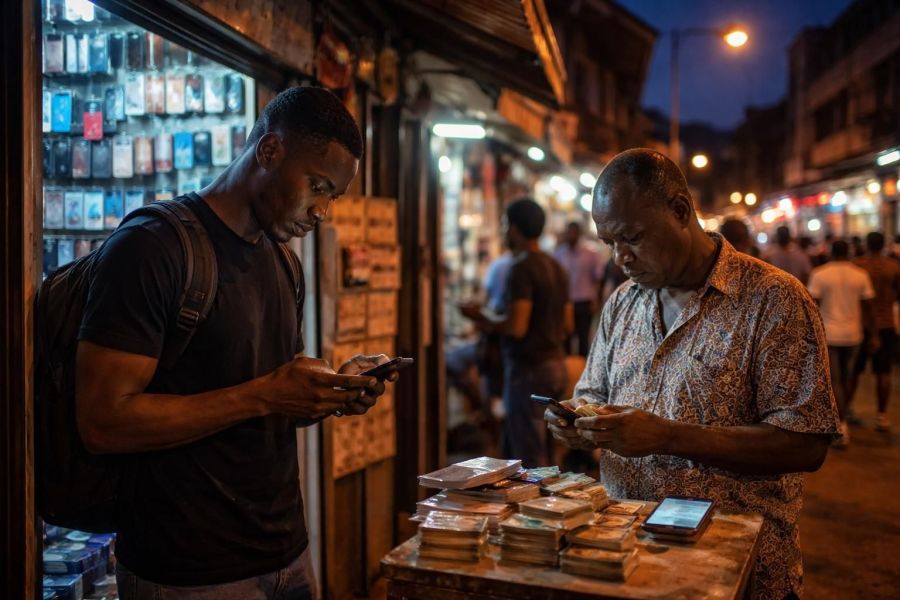
As Bitcoin adoption expands across Africa, new risks emerge alongside its opportunities. While Bitcoin offers relief from inflation and financial exclusion, challenges like fraud, infrastructure gaps, and political resistance remain significant.
Scams and fraud are a major threat. In countries with low financial literacy and limited regulation, Ponzi schemes and fake crypto platforms exploit first-time users. According to Chainalysis, Sub-Saharan Africa has one of the highest rates of crypto-related scams relative to transaction volume, with much of it involving P2P trading.
Technical limitations also slow adoption. In rural areas, inconsistent internet access, low smartphone penetration, and weak cybersecurity awareness create barriers. Even with workarounds like Lightning over USSD, many people still lack the tools or knowledge to use Bitcoin safely.
Government restrictions are another challenge. Nigeria’s central bank banned crypto transactions via banks in 2021, triggering a wave of underground usage. Although regulators reversed the ban in late 2023, uncertainty persists. Other nations like Egypt and Algeria maintain strict prohibitions on Bitcoin, citing concerns over capital flight and crime.trtafrika.com
While these risks are real, they haven’t stopped adoption. If anything, they highlight the need for better education, stronger tools, and open dialogue between communities and policymakers.
Sources:
– Chainalysis Crypto Crime Report 2023
– TRT Afrika – Nigeria lifts ban on cryptocurrency transactions
– Wikipedia – Legality of cryptocurrency by country or territory










